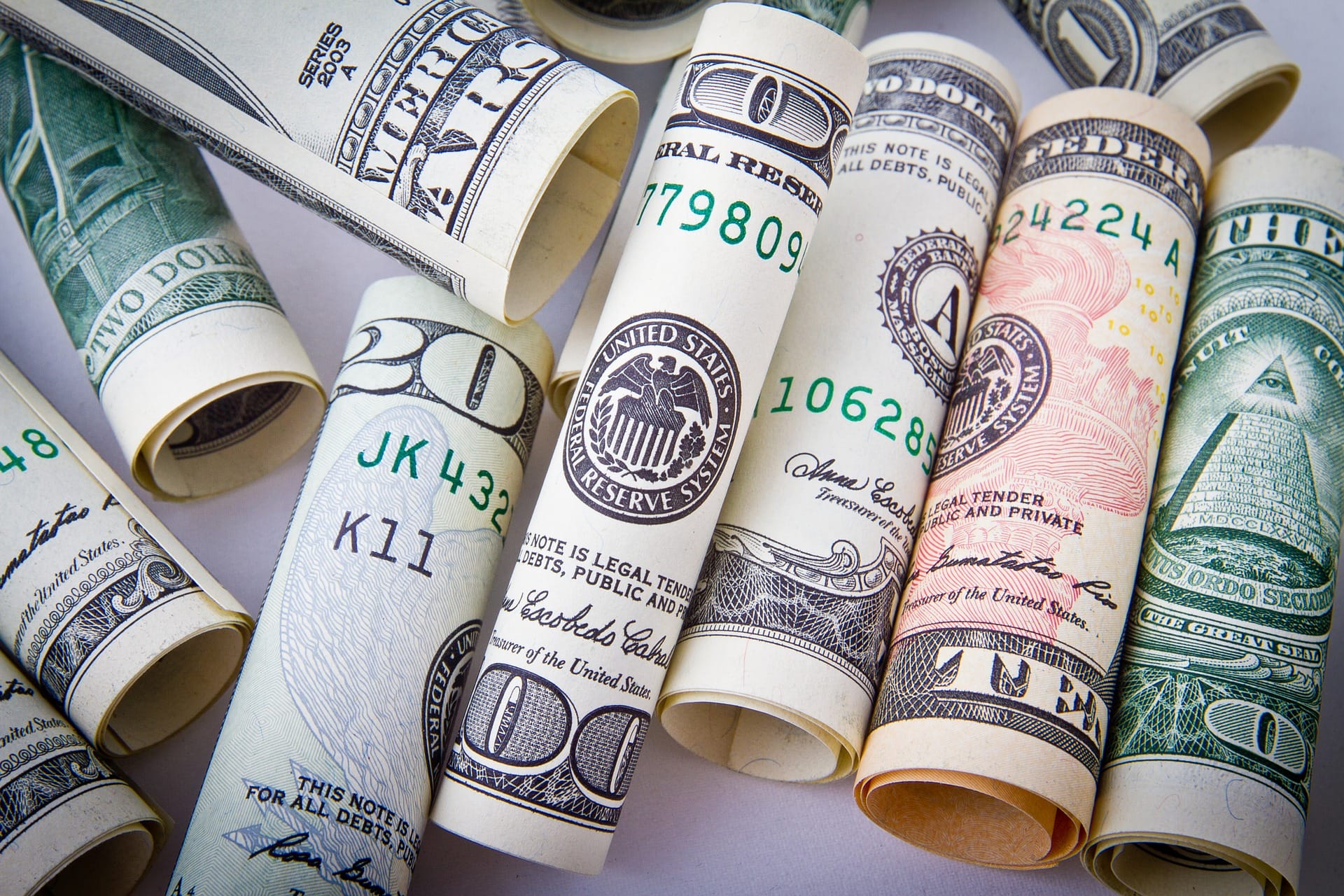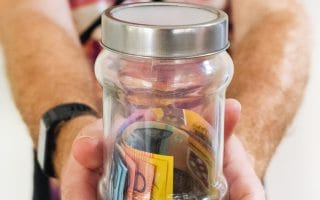
Money orders are an effective alternative to personal checks. They allow you to safely send money to individuals or businesses and act as a guarantee to the recipient that the funds are available. However, they aren’t always as convenient as checks, as you have to head to a store or bank to get one. Here are all your questions answered as well as how to get a CVS money order.
How to Get a CVS Money Order
CVS offers money orders through MoneyGram at every CVS pharmacy location. Since many of the stores are open 24/7, this is incredibly convenient for those who need help outside of traditional business hours.
What is the Limit for a Money Order at CVS?
When you buy a CVS money order, the amount can be no higher than $500. However, that doesn’t mean you can’t get a higher amount; you’ll just need to buy multiples.
For example, if you need $940 in money orders, you can get one CVS money order for $500 and a second for $440.
Is There a Fee?
Yes, there is a fee for getting a money order. At CVS, it is $0.99.
The fee isn’t per transaction but per money order. If you need $940 in money orders (making it necessary to buy two), you will pay $1.98 in fees.
Getting a CVS Money Order
All you need to do to get a money order at any CVS pharmacy is head to a register. Then, let the cashier know you want a money order. They’ll handle the transaction and provide you with the money order.
Payment
As with most money orders, you have to pay in cash. This allows CVS to guarantee the funds, which is one of the biggest points of using a money order in the first place.
Other payment mechanisms – including credit cards, debit cards, checks, and gift cards – are not allowed for money orders. These cannot be guaranteed as easily as cash, as a transaction may initially go through even if the money isn’t actually available.
Filling Out
Once you have a money order, you have to fill it out before the recipient can cash it. First, you’ll need to put the person’s or company’s name in the “pay to” or “pay to the order of” space, making sure that you write it in accurately.
Then, you provide your address in the “purchaser’s address” section. Finally, sign the front of the money order on the signature line (the back signature line is for the recipient only). Tear off the receipt attached to the money order so you can track it and then provide the rest to the recipient.
Does CVS Cash Money Orders?
No, CVS pharmacies does not cash money orders; they only sell them. If you need to cash a money order, you’ll need to take it somewhere else.
Nearly every bank or credit union can cash a money order. If you head to your own bank or credit union, you may be able to cash one without paying a fee. Sometimes, there is a small cost for non-account holders that varies depending on the amount of the money order and the bank you use for cashing services.
Check cashing locations will also pay out money orders. However, they may charge more than your typical bank or credit union.
Some grocery stores cash money orders too. However, this isn’t a universally available service for any chain, so you might want to call your store ahead of trying to get a money order cashed.
Is CVS the Best Place to Get a Money Order?
For a lot of people, CVS is a great option for getting a money order. Since many locations are open 24/7, it is incredibly convenient for those who can’t head out during normal business hours. Plus, the $0.99 fee is pretty reasonable.
However, there may be other options with lower fees or higher limits in your area, so it’s worth exploring before you commit to CVS. For example, Walmart offers a higher limit and lower fee at their Money Center, but the service isn’t available outside of their usual operating hours.
Do you go to CVS for money orders? Tell us about your experience in the comments below.
Read More:
- CVS Pharmacy Hours
- Money Orders: How to Track Some of the Most Popular Money Orders
- CVS Ranks You Against Others on Your Money Saving Ability
If you enjoy reading our blog posts and would like to try your hand at blogging, we have good news for you; you can do exactly that on Saving Advice. Just click here to get started.
Tamila McDonald is a U.S. Army veteran with 20 years of service, including five years as a military financial advisor. After retiring from the Army, she spent eight years as an AFCPE-certified personal financial advisor for wounded warriors and their families. Now she writes about personal finance and benefits programs for numerous financial websites.





Comments